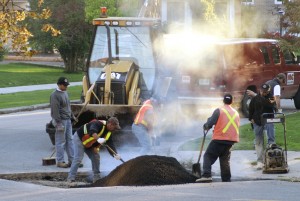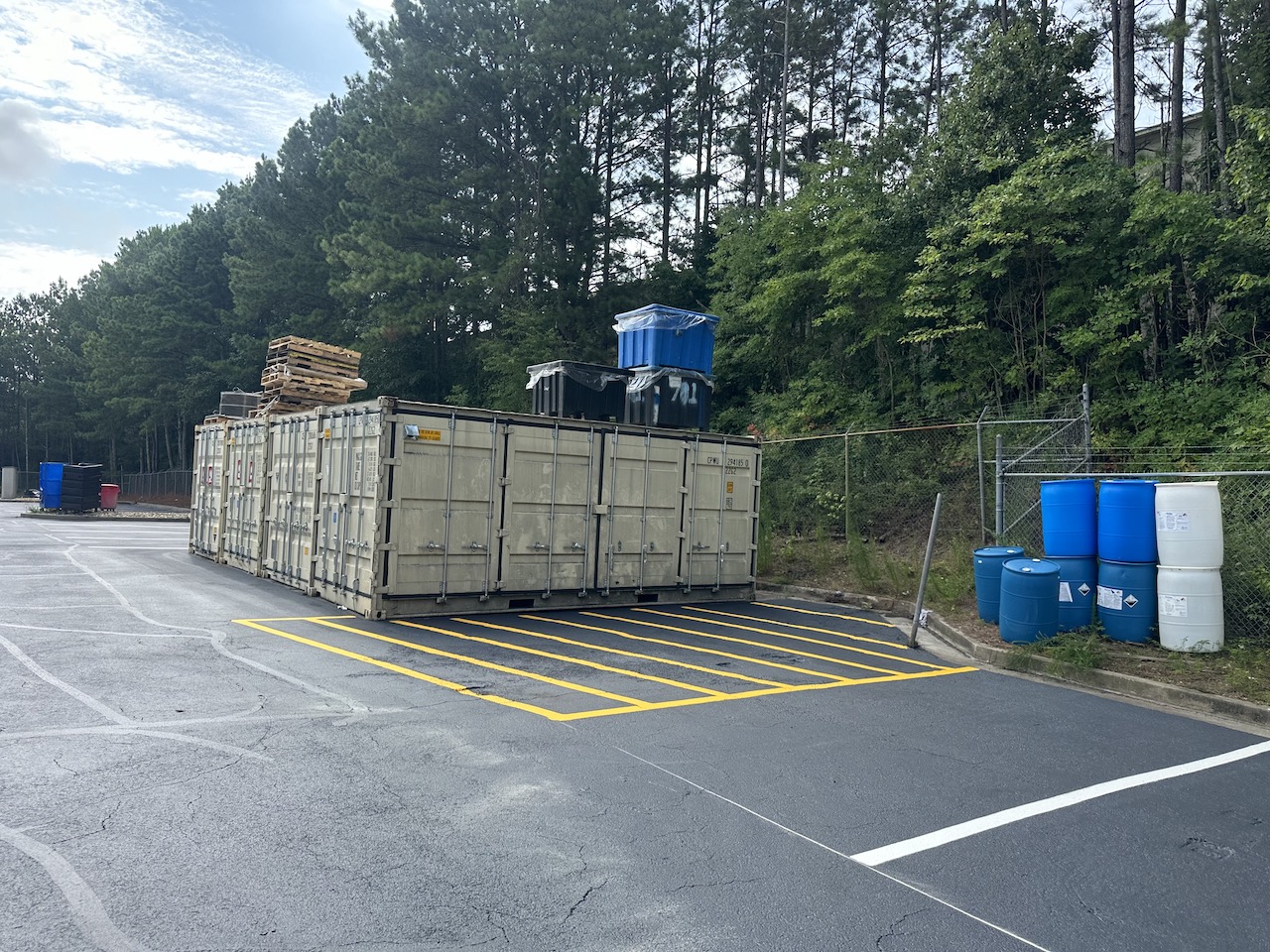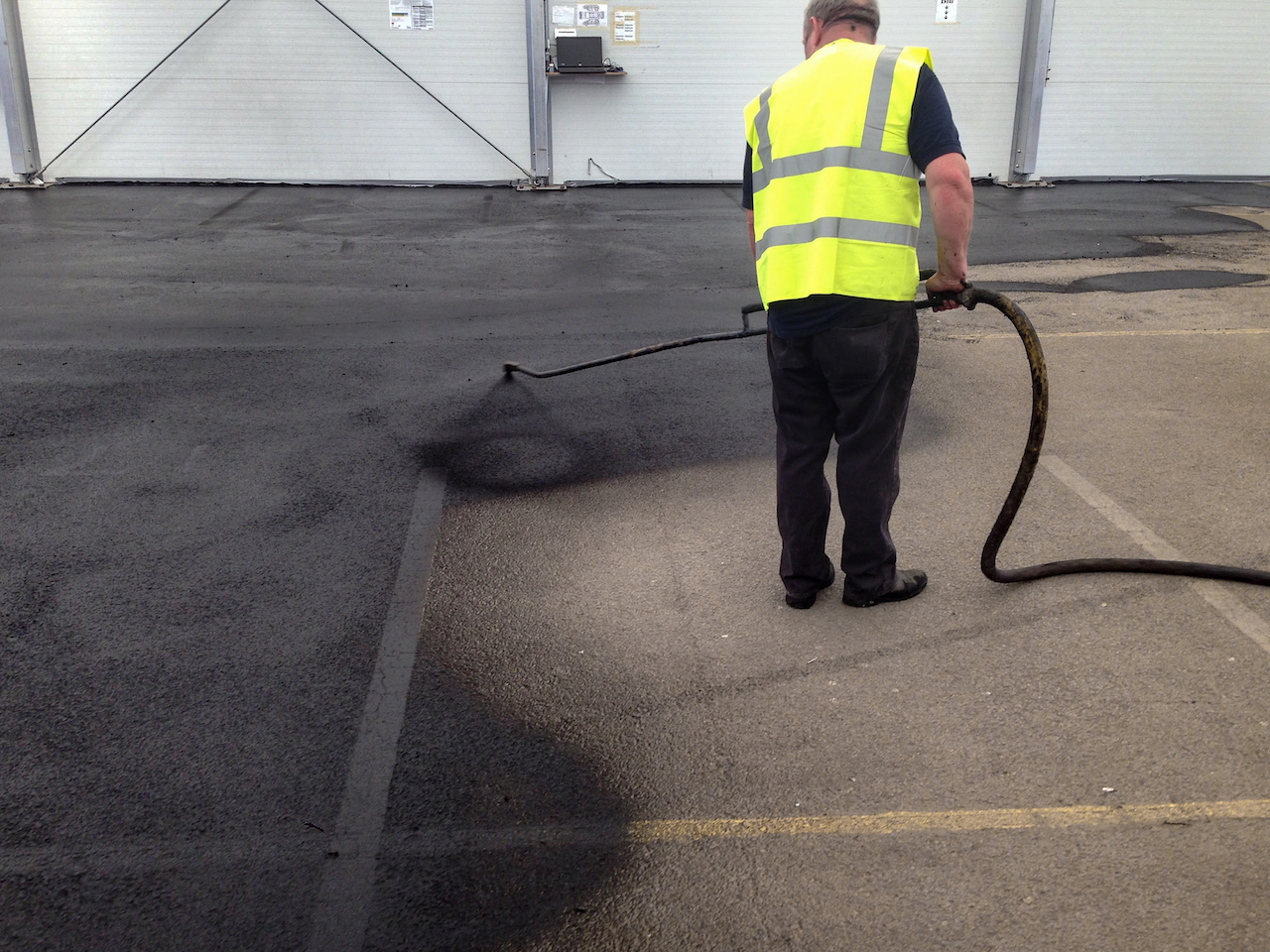
Is Asphalt a Sustainable Material?
Recycled materials do not wind up in landfills, and the rejuvenation of asphalt pavement uses a number of other materials that might not be recycled otherwise. Some types of products that are commonly used during the asphalt reclamation include glass, roofing shingles and rubber from old tires.
Asphalt pavement will not dissolve in water and therefore poses no hazard to the nation’s water supplies. It will not leach toxins into the soil, unlike many other products. In fact, asphalt is routinely used to cap landfills or to line reservoirs holding a city’s drinking water. It is so impenetrable that it is even used as a containment barrier at some landfills designated for potentially hazardous waste. State hatcheries in Oregon and Washington frequently line their tanks with asphalt as well, further proof that the material is environmentally friendly.
MH Greeson Paving specializes in commercial and industrial parking lots, both large and small, in the Atlanta metropolitan area and the majority of North Georgia. We offer sealcoating, repairs, signage, striping, bollard installation and much more. Whether you need to make your property ADA-compliant, replace your car stops or have potholes repaired, we can do the job right the first time and at the best price possible. Call 770-335-2983 or ask for a free quote.




